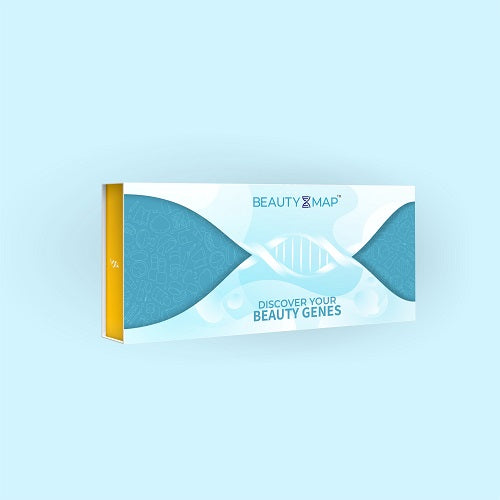Sunburn
Sunburns occur when our skin is exposed to the harmful ultraviolet (UV) rays of the sun for extended periods without proper protection. It results in red, painful, damaged skin that feels hot to the touch.
Impact of Gene Variants
Susceptibility to sunburn is significantly influenced by genetics. The type and amount of melanin, the skin’s natural protector against UV radiation, vary among individuals due to genetic differences. The MC1R gene, for instance, determines melanin type and is linked to increased sunburn risk in people with lighter skin.
Ways to Recognize Problems
Symptoms may include redness on lighter skin, skin feels hot or tight, pain or tenderness, swelling, and peeling skin.
Ways to Improve
Washing with cool water and applying moisturizer after bathing or showering can help soothe sunburned skin. Pain relief medication such as ibuprofen and aspirin can help alleviate pain.
Did you know
More than one-third of adults and nearly 70% of children admit they‘ve gotten sunburned within the past year.
One study shows that over 33,000 sunburns on average are reported each year that require an emergency room visit
